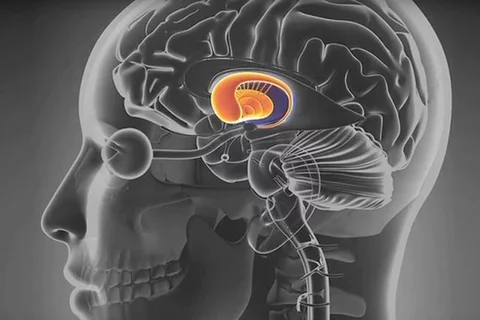Masmanidis identifies neurons involved in Pavlovian response

UCLA research could help improve understanding of Parkinson’s, Huntington’s and Tourette’s
In his famous experiment, Russian scientist Ivan Pavlov rang a bell each time he fed his dogs. Soon, the dogs began drooling in anticipation when they heard the bell, even before food appeared.
Now, a UCLA study has traced the Pavlovian response to a small cluster of brain cells — the same neurons that go awry during Huntington’s disease, Parkinson’s disease and Tourette’s syndrome.